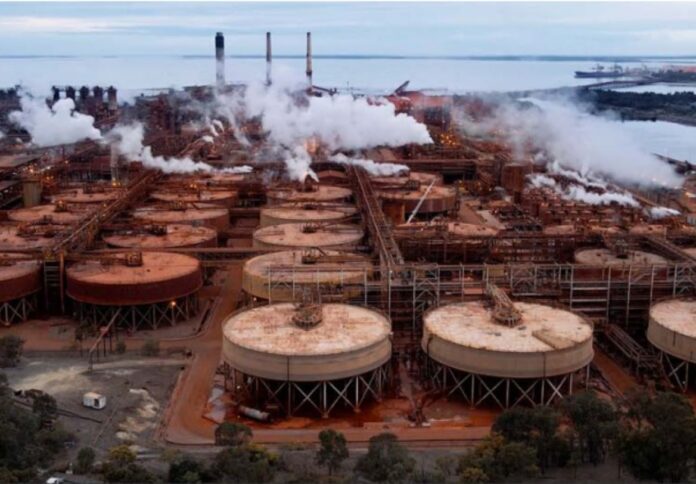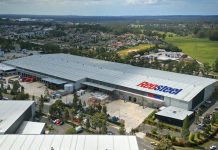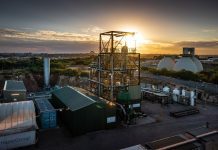
A recent Climate Council report found several significant economic possibilities awaiting Queensland’s industrial sector as the world moves toward a net zero emissions economy, including green manufacturing, green ammonia, and globally competitive renewable energy resources.
However, the council said doing so will require a serious policy change, according to the report titled, “Australia’s Clean Industry Future: Making Things Here in a Net Zero World.”
The Climate Council proposes that by cleaning up current polluting businesses, including as alumina manufacturing, the Sunshine State may profit from the worldwide shift to net zero emissions.
According to the report, Queensland can satisfy the worldwide demand for locally produced commodities while also opening up new, significant export potential for vital minerals needed for the global decarbonisation drive.
Nicki Hutley, climate councillor and independent economist, said, “Queensland is primed to attract the global investment dollars as investors prioritise clean industries over polluting ones, and our trading partners race to achieve net zero emissions as soon as possible.”
In fact, Hutley noted that exciting trials and investments to produce renewable hydrogen are already underway in Gladstone and Townsville.
If scaled up, these initiatives could not only decarbonise currently fossil fuel-dependent industries like aluminium, but also create opportunities for exports of green ammonia and renewable hydrogen, he said.
Therefore, the appropriate policies can provide Queensland business with the motivation and assistance it needs to reduce emissions, open up new export markets, and boost the state’s economy and employment possibilities all while combating climate change, according to Hutley.
Amanda McKenzie, CEO of the Climate Council, said the Federal Government’s revision of the Safeguard Mechanism is a key chance to establish the proper settings that will assist future-proof Queensland’s businesses, secure Australian manufacturing, and confront dangerous climate change.
Recommendations for ensuring the Safeguard Mechanism supports strong Australian industries include prioritising crucial domestic industries which have a long-term future in a net zero world in the federal government’s safeguard mechanism, rather than making them carry the weight for new, highly-polluting coal and gas projects.
The council also suggests directing government support to sectors like steel, aluminium, cement and chemicals so they can undertake technology trials, buy new equipment and update their facilities, rather than subsidising fossil fuels;
Requiring large emitters – particularly fossil fuels – to deliver genuine emissions reductions, and not permitting them to buy unlimited carbon offsets while continuing to pollute as usual is also one of the recommendations.




















